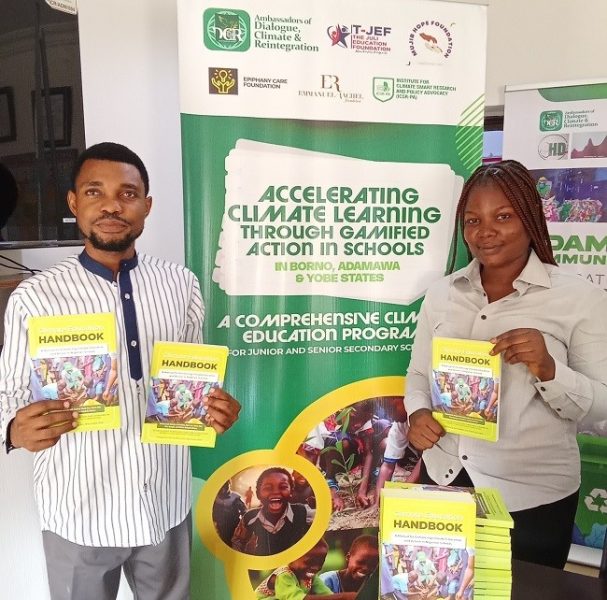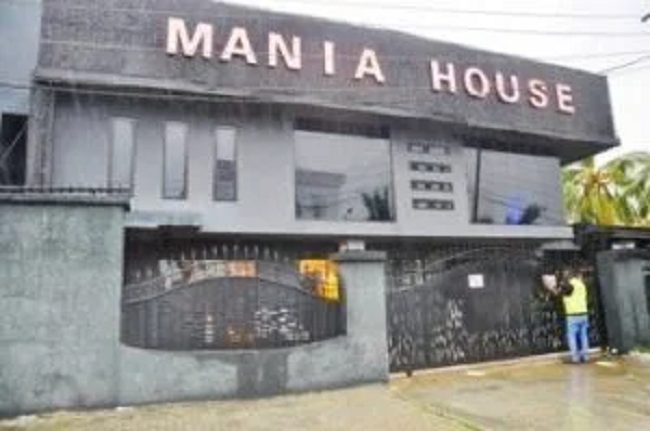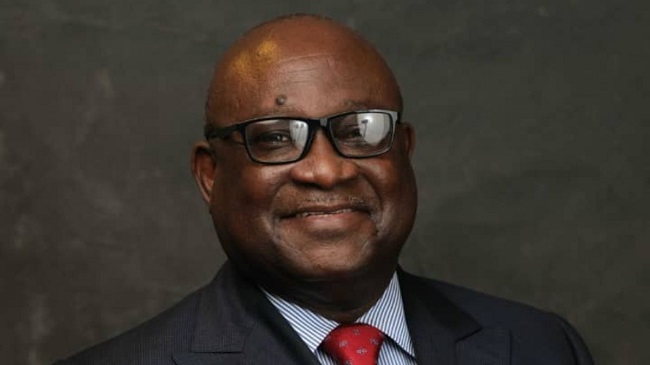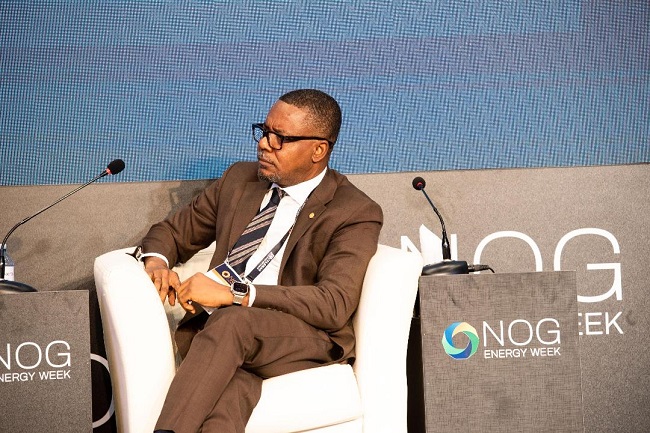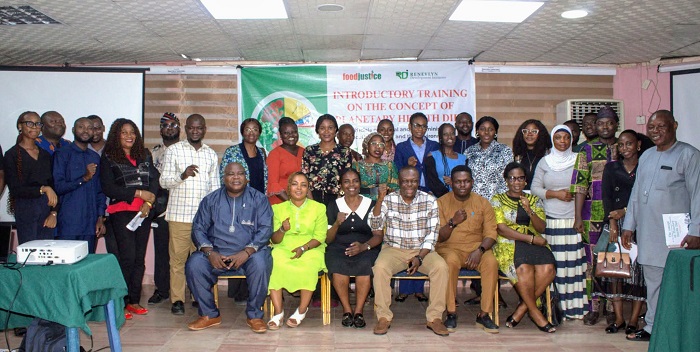Technical Lead, Genome Editing Initiative, African Union Development Agency (AUDA-NEPAD) Centre of Science, Technology and Innovation, Prof Olalekan Akinbo, says genome editing can significantly impact rural incomes and enhance livelihoods.
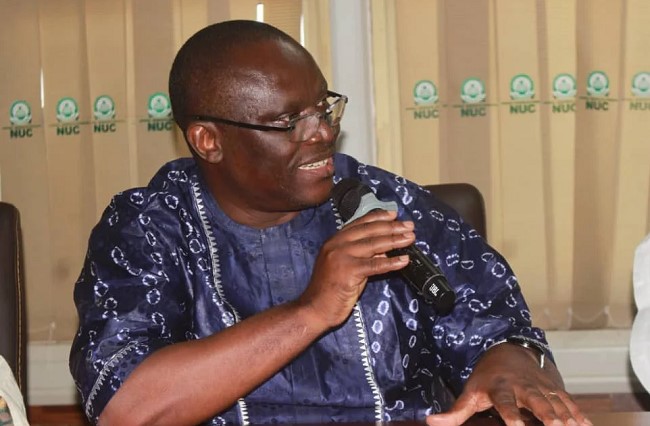
Akinbo, said this on Monday, July 7, 2025, in an interview in Abuja, while reacting to the importance of integrating agricultural trade and genome editing for economic growth.
He said that the integration of agricultural trade and genome editing was crucial for Africa’s economic growth as it would help impact rural incomes, reduce poverty and enhance livelihoods of small holder farmers.
He explained that genome editing was a technique used in making precise modifications to the deoxyribonucleic acid (DNA) of a cell or organism.
According to him, as productivity rises, farmers benefit from better market access and improved competitiveness in both local and global market.
”The integration of advanced agricultural practices, such as genome editing, and strategic trade agreements like the African Continental Free Trade Area( AfCFTA) can help Africa ascend to a global agricultural powerhouse.
“Enhanced traits in crops, coupled with the AfCFTA’s ability to streamline trade and encourage regional commerce, can improve the quality and value of agricultural produce, which will in turn reduce dependency on external markets and improve food security across the continent.”
Akinbo noted that Africa was a net exporter of agricultural products, adding that agri-food trade remained a significant component of the continent’s economy, adding that this accounted for 16 per cent of total exports and 17 per cent of imports.
He said over the past two decades, Africa’s agri-food trade dynamics had however shifted significantly with the continent becoming a net agri-food importer since 2000.
According to him, as of today, a substantial 81 per cent of Africa’s food imports are sourced from outside the continent, while 78 per cent of its agri-food exports are directed to international markets.
”To reverse this trend, strategic interventions like the AfCFTA are essential. The AfCFTA aims to promote regional integration by fostering intra-African trade in agricultural products, thereby reducing dependency on external markets and improving food security across the continent.
”In parallel, the economic implications of genome editing technologies present a transformative opportunity for Africa.”
The AU expert also said that with 60 per cent of the world’s uncultivated arable land and a youthful population with a median age of just 19.7 years, Africa was poised to capitalise on its agricultural potential.
According to him, as African farmers gain competitive advantages, they can strengthen their presence in international markets, thereby increasing Africa’s visibility in the global food trade and contributing to overall economic stability.
He added that by harnessing the potentials of genome editing and opportunities presented by the AfCFTA, Nigeria and Africa can transform their agricultural sector, address immediate food security challenges and secure long-term economic growth and sustainability.
”The genome editing, particularly through techniques such as CRISPR-Cas9, offers a vital pathway to enhance agricultural productivity,” he said.
CRISPR-Cas9 is a gene editing technology that allows scientists to precisely modify DNA sequences in living organisms.
By Sylvester Thompson

